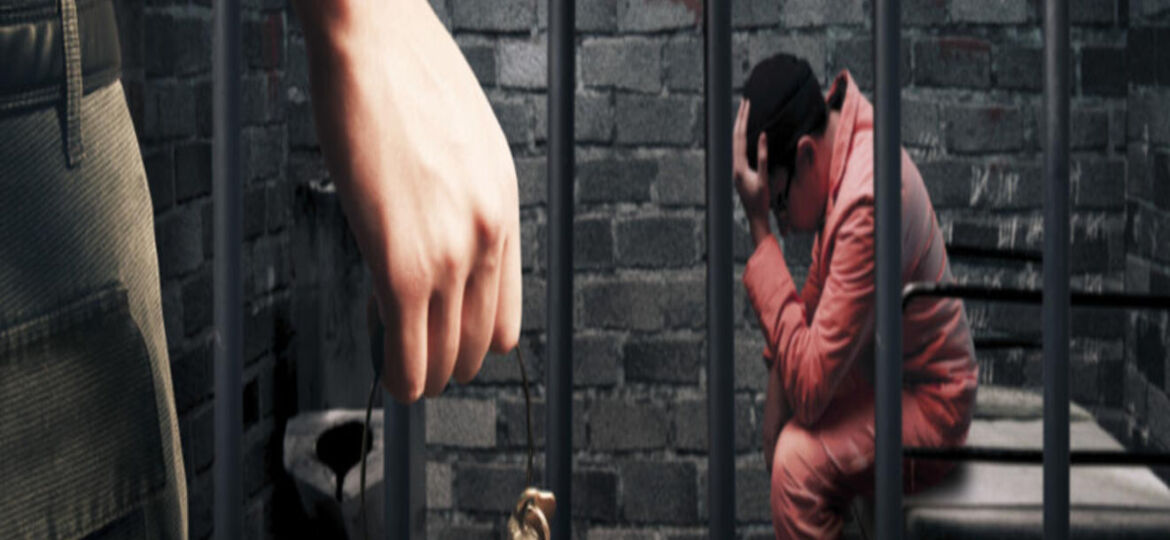
INTRODUCTION
A general exception is used by the accused to convert a crime into a non-crime. A general exception can be found in chapter IV of the Indian penal code 1860, where section 76 to section 106 provides a different exception to get through the liabilities and punishment. Section 6 of IPC explicitly states any offence committed should be read with the general exception. All the exception stated presumes that the accused is not guilty of the offence he has committed and the burden of proof rest to the accused that his/her case lies in one of the exceptions stated in chapter IV of the IPC. The person claiming general exception that committed the crime with all the ingredients which are needed to commit a crime (mens rea and actus rea). Once it is confirmed that the person has committed a crime then he/she can plead the defence of general exception and can be acquitted as innocent.
KINDS OF GENERAL EXCEPTION
From section 76 to 95 contains general exceptions and from section 96 to 106 is the private defence.
MISTAKE
The mistake can be further classified into types:-
The mistake of facts: – it is defined in Section 76 IPC which states, “nothing is an offence which is done by a person who is, or who because of a mistake of fact and not because of a mistake of law in good faith believes himself to be, bound by law to do it”. It can be stated that mistake of fact is a permissible defence under general defences.
Example: – A shoots at B at a shooting range mistakenly taking it to be a dummy in the practice, where B had accidentally entered.
A shoots at B following and believing them to be correct, orders from his superior officer that B is a wanted criminal. It turns out B is not a wanted criminal.
In both the above example there was a mistake of facts and hence there will A will not attract any punishment as he/she can claim the defence of mistake of facts under section 79 of IPC.
Section 79 IPC states, “Nothing is an offence which is done by any person who is justified by law, or who because of a mistake of fact and not because of a mistake of law in good faith, believes him to be justified by law, in doing it”.
Example:- Trades in narcotics and psychotropic substances are thinking them to be perfectly legal, whereas, in reality, they are illegal. He is committing a mistake of law and cannot use it as a defence.
ACCIDENTS
Section 80, IPC, 1860 defines accident as a defence, essential requisites to claim the defences of accidents are:-
- The act being done is legal
- The harm or illegality is caused by accident or misfortune
- There should be no criminal intention
- There are proper care and caution
So nothing is an offence which is done by accident or misfortune and without any criminal intention or knowledge in the doing of a lawful act in a lawful manner by lawful means and with proper care and caution.
Example:- A is cutting a tree with requisite permission and is very careful with the maintenance of his tools. While cutting a branch his axe head flies off and hits B who is standing behind him, which A did not know. Know the A can plead the defence of accident.
ACT OF MINORS
Section 82 of IPC defines that nothing is an offence that is done by a child under seven years of age.
Section 83 of IPC defines that nothing is an offence which is done by a child above seven years of age and under twelve, who has not attained sufficient maturity of understanding to judge of the nature and consequences of his conduct on that occasion.
Example: – Eight years old as a prank wanted to scare his grandfather and his grandmother who is of a very delicate heart dies of a heart attack. in this case, the child will be entitled to the excuse of a minor as he did not have the maturity or the understanding of possible consequences of the act.
An eleven-year-old threatens to harm his friend if he does not hand him his pencil box .his friend refuses .the boy then goes to his locker room, takes out his baseball bat, and then comes to his friend, takes him to a secluded place on a false pretext and then beats him up grievously, in this case, the boy can be held guilty as he knew the consequences of his act
PERSON OF UNSOUND MIND
Section 84 defines that when an act is committed by a person of unsound at the time of the commission of the offence then it is deemed not to be a crime under this section.
The unsound person can be further divided into four types:-
- Idiots
- Non-compos mentis by illness
- Lunatic
- Mad person
- Example: A, who is insane or unsound, killed B with a knife, thinking it to be a fun game, will not be liable for B’s death as he was not aware of the nature of the act and law. He was incapable of thinking judiciously.
INTOXICATION
Anything done under intoxication is not a crime and we find this under sections 85 and 86 of IPC.
The reason why intoxication is a defence is that the accused is not in his or her senses and is therefore unable to form the intention or has the requisite quality mind necessary to constitute the mental element in a crime to get a defence of intoxication it must be involuntary.
Example:-`m got drunk of his own volition and on his way back home he assaulted a policeman. He is prosecuted for intimidating a public servant, in this particular case m cannot claim the defence of intoxication as it was voluntary.
CONCLUSION
In today’s time, we can say crime done for the public good or without mens rea should be given a chance to explain the viewpoints as to why they have committed such a crime the general exceptions which are available to the accused to escape liability or save himself from the offence committed. General exception follows a parallel philosophy .when certain acts qualify as a crime; the law at times deems them as they are not crimes. The reason for it is that the person committing the crime did not understand what he was doing or that where he or she understands there was a compulsion or necessity, and would not have done the crime otherwise.
Author(s) Name: Ritik Goyal (IMS Law College, Noida)
















